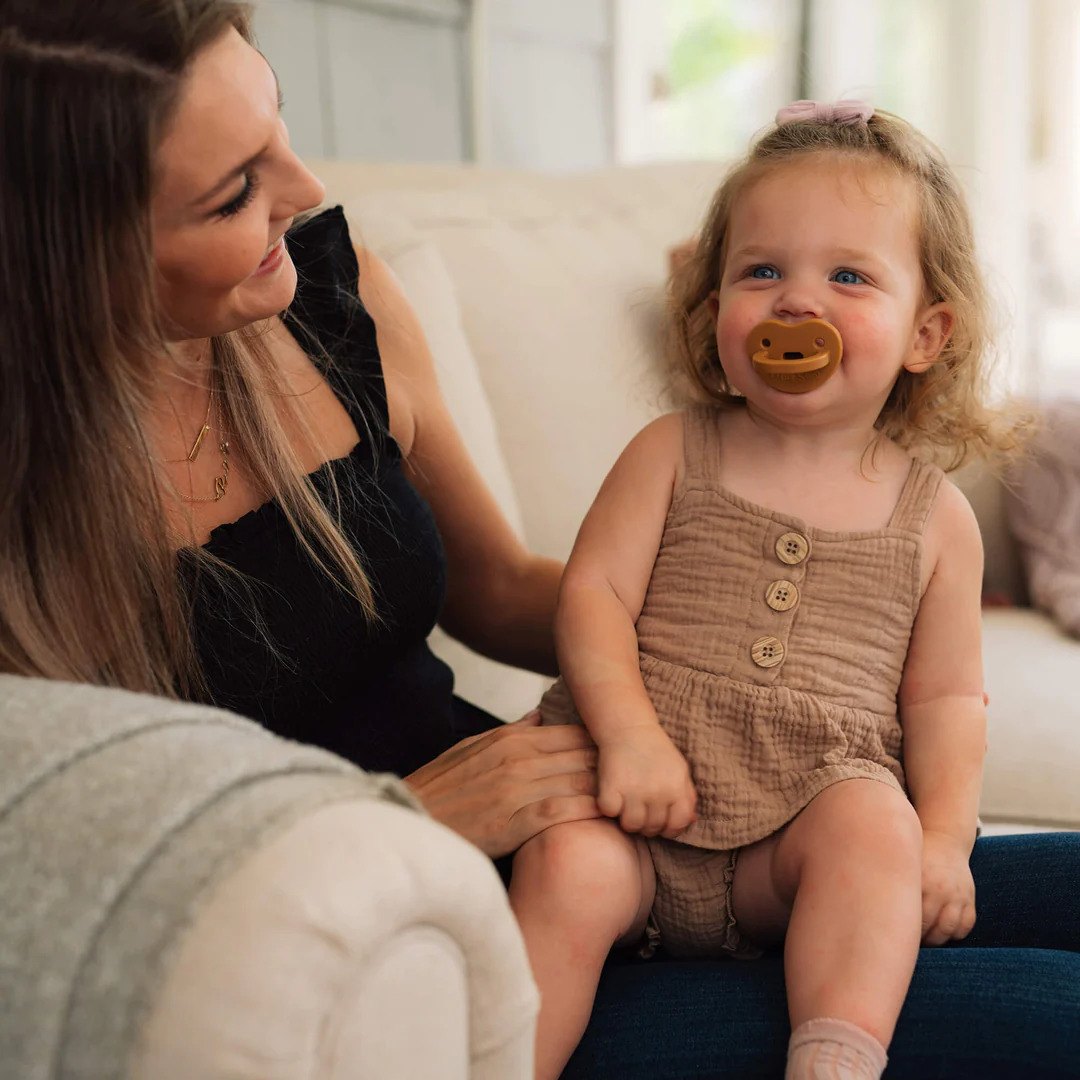Introduction
As a new parent, you may have come across conflicting opinions regarding the use of pacifiers for newborns. While some parents find pacifiers to be helpful in soothing their infants, others may question whether they are necessary. In this blog, we will explore the topic and provide insights into whether newborns really need pacifiers, considering both the potential benefits and considerations for their use.
The Benefits of Pacifiers for Newborns
Soothing and Comfort: Newborns have a natural instinct to suck, and pacifiers can offer a soothing and comforting sensation. Sucking on a pacifier can help to calm and relax babies, providing them with a sense of security and contentment.
Sleep Aid: Pacifiers can assist in promoting better sleep for newborns. The rhythmic sucking motion can help babies to settle down and fall asleep more easily. Additionally, studies have suggested that the use of pacifiers during sleep may reduce the risk of sudden infant death syndrome (SIDS).
Pain Relief: During various stages of development, newborns may experience discomfort, such as teething or earaches. Pacifiers can provide temporary relief by allowing babies to suck and thereby alleviating the discomfort they may be experiencing.
Self-Soothing and Emotional Regulation: The act of sucking on a pacifier can aid in the development of self-soothing skills for newborns. As they learn to control their emotions, pacifiers can serve as a source of comfort and help them regulate their feelings.
Considerations for Pacifier Use with Newborns
Breastfeeding Considerations: For newborns who are breastfeeding, it is generally recommended to establish breastfeeding patterns before introducing a pacifier. Early introduction of pacifiers can sometimes lead to nipple confusion, making it more challenging for babies to latch onto the breast properly.
Limited Use: It is important to use pacifiers in moderation and limit their use to specific situations, such as soothing during fussiness or promoting sleep. Over-reliance on pacifiers can potentially interfere with breastfeeding and hinder the development of self-soothing skills.
Hygiene and Safety: Proper hygiene is crucial when using pacifiers for newborns. Pacifiers should be cleaned regularly, using mild soap and water, to prevent the buildup of bacteria. Additionally, pacifiers should be inspected regularly for signs of wear and tear to avoid any potential hazards.
Weaning Process: It is important to consider the weaning process when using pacifiers with newborns. Around the age of six months, it is recommended to begin gradually reducing pacifier use. Prolonged use of pacifiers beyond infancy can increase the risk of dental problems and hinder the development of appropriate oral motor skills.
Conclusion
While pacifiers can provide comfort and help soothe newborns, their use is a personal decision for parents to make based on individual circumstances. Pacifiers can be beneficial in promoting better sleep, providing temporary relief from discomfort, and aiding in self-soothing. However, it is crucial to be mindful of breastfeeding considerations, limit pacifier use, prioritize hygiene and safety, and plan for the weaning process. Consulting with healthcare professionals and following recommended guidelines can assist parents in making informed decisions regarding pacifier use for their newborns. Finally, consider getting a pacifier clip to attach the pacifier to your baby’s clothing. This will help to keep it clean and within reach.

